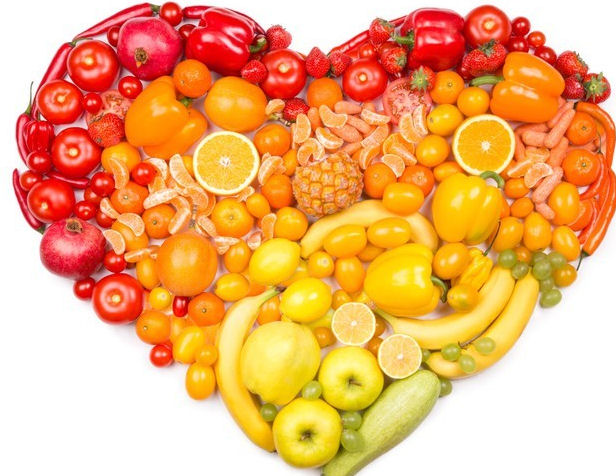The sweetness uncovered (somewhat briefly!)
Excessive Sugar Is Bad, but the effects depend on the context!
With so much controversy as to whether fruit is good or bad for us to eat, I have given a few reasons as to why it is not bad for us! A lot of evidence has shown that excessive intake of added sugar is harmful. This includes table sugar (sucrose) and high-fructose corn syrup, both of which are about half glucose, half fructose.
Fruit contains three types of sugar: fructose, glucose, and a combination of the two, called sucrose, or table sugar. Sugar is a type of carbohydrate, which is the brain and body’s main source of fuel during exercise.One reason that excessive added sugar intake is harmful is the negative metabolic effects of fructose when consumed in large amounts. Many people now believe that because added sugars are bad, the same must apply to fruits, which also contain fructose.
However, this is a misconception. Fructose is only harmful in large amounts, and it’s difficult to get excessive amounts of fructose from fruit. Eating whole fruit, it is almost impossible to consume enough fructose to cause harm.
While excessive sugar intake can be harmful, this doesn’t apply to whole fruits. Rather, they are “real” food, high in nutrients and satisfyingly filling.
Fruits are loaded with fibre, water and have significant chewing resistance. For this reason, most fruits (like apples) take a while to eat and digest, meaning that the fructose hits the liver slowly.
Plus, fruit is incredibly filling. Most people will feel satisfied after eating one large apple, which contains 23 grams of sugar, 13 of which are fructose.
Compare that to a 16-ounce bottle of Coke, which contains 52 grams of sugar, 30 of which are fructose, and has no nutritional value.
A single apple would make you feel quite full and less inclined to eat more food. Conversely, a bottle of soda has remarkably poor satiety and people don’t compensate for the sugar by eating less food.
When fructose hits your liver fast and in large amounts, as is the case when you drink soda, it can have adverse health effects over time.
However, when it hits your liver slowly and in small amounts, as is the case when you eat an apple, your body is well adapted to easily metabolize the fructose.
While eating large amounts of added sugar is harmful to most people, the same does not apply to fruit.
When to Avoid Fruit:
Even though fruit is healthy for most people, there are some reasons why others may need to avoid it.Intolerance, for example, eating fruit can cause digestive symptoms in people with and intolerance to FODMAPs.
As always I try to make sure that the fruits and veggies listed in my articles are within certain regimens but if you haven’t had the chance to look up low FODMAPs if you have a health issue, then please do give me a shout!
Remember it’s not what you can’t eat – but what you CAN eat!
In some cases, portion sizes make a difference as to whether a product has enough high FODMAPs to cause symptoms. For example, a serving of almonds is a good choice that is in these short chained carbohydrates, but eat more, and you could have too many.
The following fresh fruits are LOW in FODMAPs:
Oranges
Grapes
Honeydew melon
Cantaloupe
Banana
Blueberries
Grapefruit
Kiwi
Lemon
Lime
Oranges
Strawberries
Although eating whole fruits is very healthy, the same isn’t necessarily true for fruit juice and dried fruit. Both are high in sugar and easy to overeat/drink.
And again if you have IBS or are keeping to low FODMAPs to help other inflammatory health issues then AVOID the fruit juice and dried fruits……
But on the whole, fruit is healthy for most people. Try eating more whole fruits as part of a healthy, real-foods-based diet and to enjoy their health benefits.

A rainbow of colours on your plate will ensure you are getting the right nutrients in your diet, if you can’t eat something due to health issues, there are always alternatives, and whether you feel you can’t eat it because it’s not a nice taste, or you have visions of it slopped up on your plate at school meals, then choose other ways of cooking or serving!




